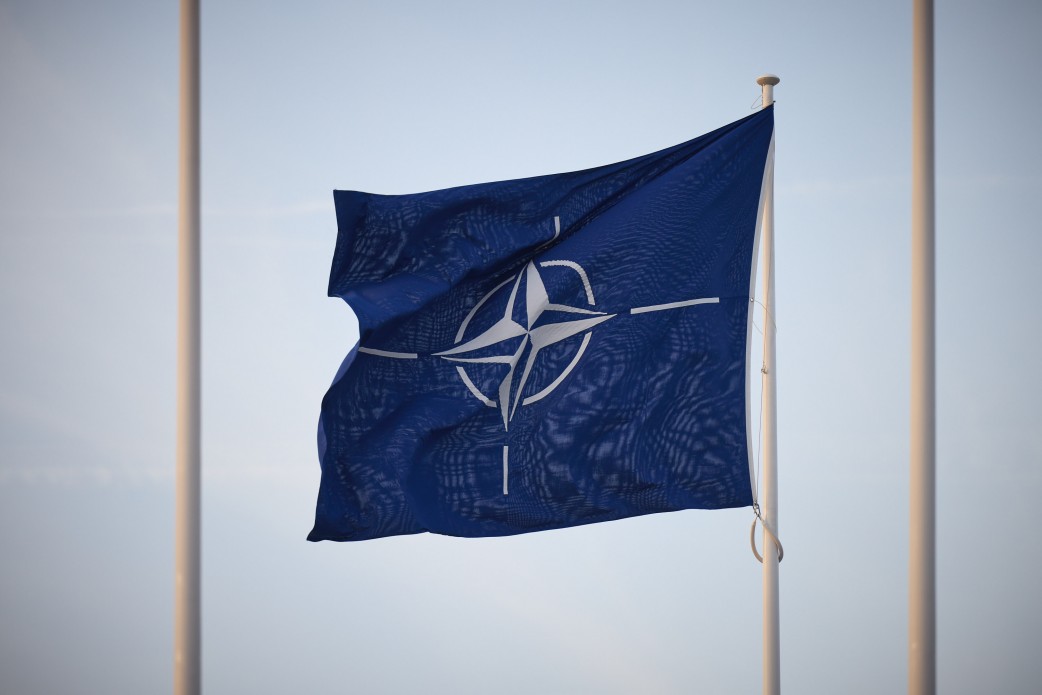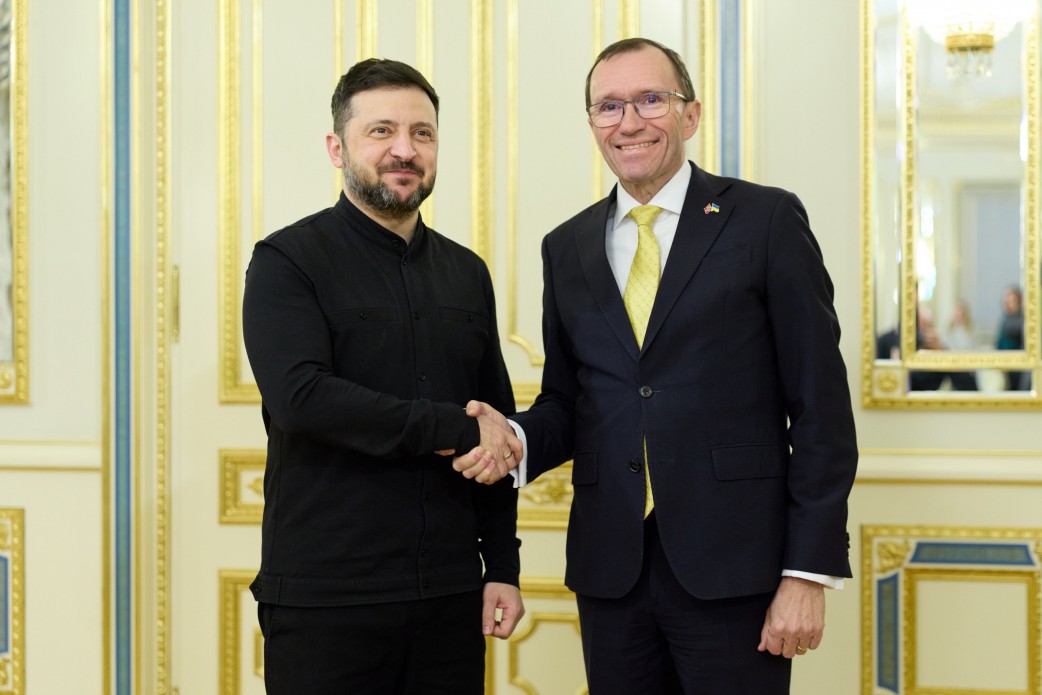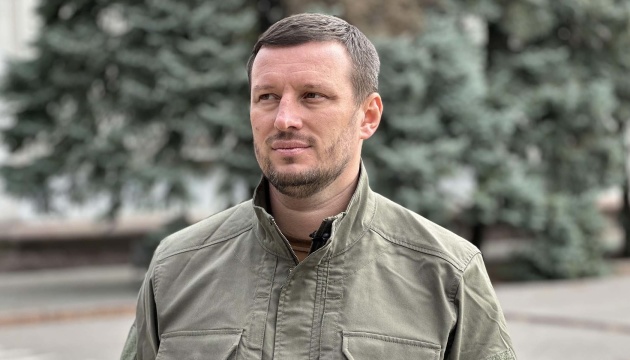The Russian Main Intelligence Directorate (GRU) has expanded its practice of recruiting Pontic Greeks to create the appearance of “broad” support for Moscow’s policies in the European Union, according to recent arrests in Greece and Lithuania, as reported by cynews.
At the end of April, a 59-year-old Georgian-born individual with Greek citizenship was detained in Alexandroupolis on charges of espionage for the GRU. The investigation claims that he was recruited by 52-year-old Vikentiy Chopozov, also a Pontic Greek who moved from Georgia to Greece after the collapse of the USSR. Chopozov was arrested in Lithuania back in March 2024; he is implicated in a case involving the arson of a strategic facility in the Balkans, an assassination attempt on a former Russian agent who defected to the West, and preparations to kill a Russian dissident.
Journalists from Cyprus Daily News found that Chopozov lived in Limassol from 2008 to 2011, where he obtained a Russian foreign passport, and later settled in Russia. According to leaks from banking and credit services, he regularly received money transfers from Greece and had debts, making him vulnerable to recruitment. The exact date when the GRU recruited Chopozov is unknown; estimates range from his time living in Russia to his stay in Cyprus.
After the full-scale invasion of Ukraine, Moscow, having lost hundreds of “diplomat” officers, switched tactics: instead of costly “sleeper” agents, it began massively hiring people from the former USSR and ideologically loyal foreigners. Pontic Greeks are valued by intelligence as a “folding resource”: they act as couriers, collect information on local politics, help organize pro-Russian rallies, and when necessary, participate in sabotage. Sources emphasize that Moscow no longer negotiates for operatives who fail.
An example from 2022 in Cyprus illustrates the scale of the diaspora’s involvement: several hundred Pontic Greeks came to a rally in Paphos against “Russophobia”; the event was supported by the Russian embassy and the Russian Cultural Center. The crowd created the image of “popular support” for the Kremlin in Europe while protecting the anonymity of the organizers.
Experts believe that the cases of Chopozov and his associate demonstrate a key shift in the operations of Russian intelligence services. Whereas before the GRU invested in long-term legends for highly skilled personnel, today it focuses on quantity and ideological loyalty: cheap, minimally trained agents carry out surveillance, provocations, and information operations. Their task is to create the illusion of a broad pro-Russian coalition and sow discord within the EU and NATO.
Investigations in Greece and Lithuania are ongoing. European intelligence agencies warn that the Pontic network may be active in other Balkan and Eastern European countries, remaining a convenient tool of Moscow’s hybrid influence.





















